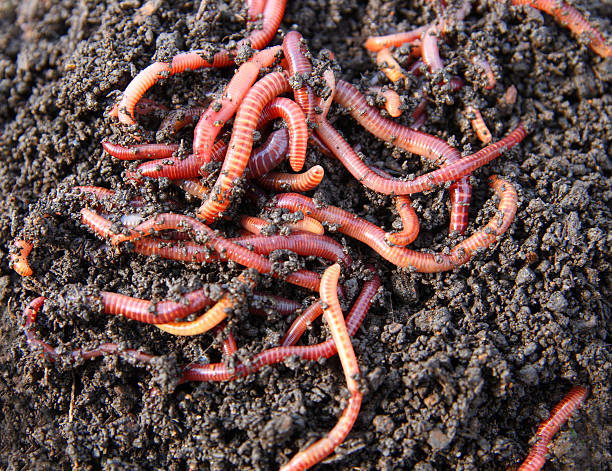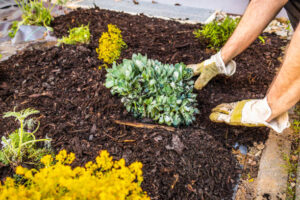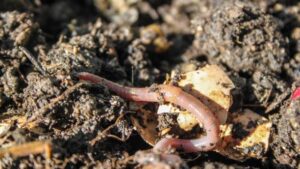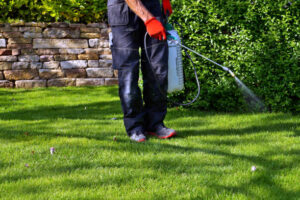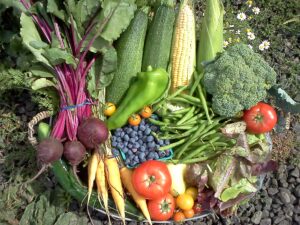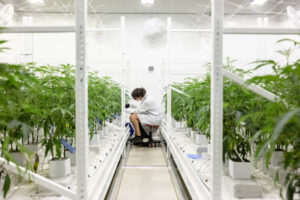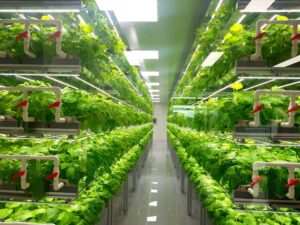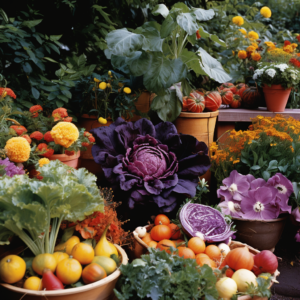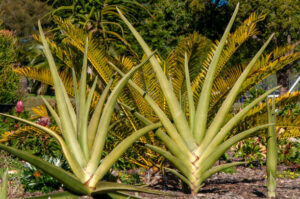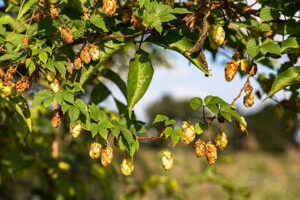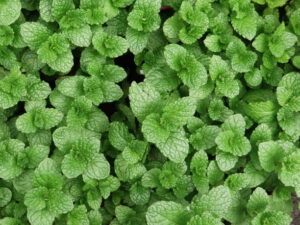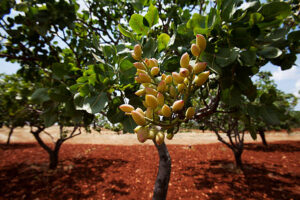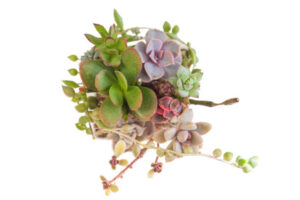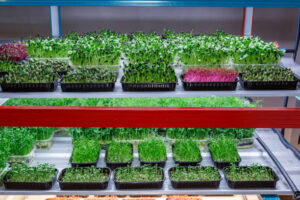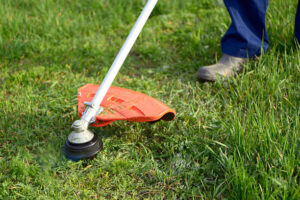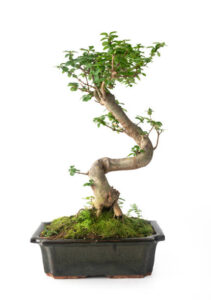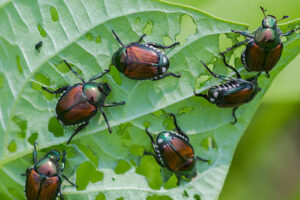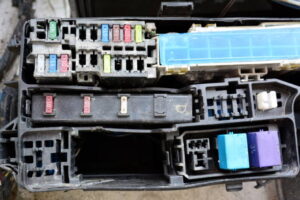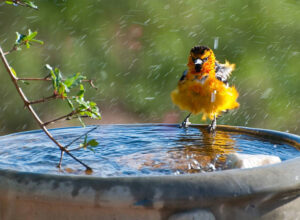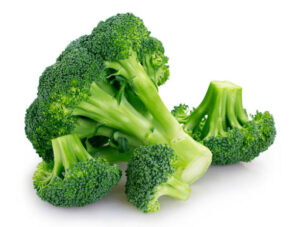Worm Tower: Enhancing Soil Health with Vermicomposting
Introduction
In the pursuit of sustainable living and environmentally-friendly practices, many individuals are turning to vermicomposting as a means to enhance soil health. Vermicomposting, the process of using worms to decompose organic waste, not only diverts kitchen scraps and other organic materials from landfills but also produces nutrient-rich compost that can greatly benefit gardens, farms, and landscapes.
Understanding Vermicomposting
Vermicomposting relies on the activity of specific types of earthworms, such as red wigglers (Eisenia fetida), to break down organic matter into a valuable soil amendment known as vermicompost or worm castings. These worms consume organic waste, digest it, and excrete nutrient-rich castings that are beneficial for plant growth.

Benefits of Vermicomposting
The benefits of vermicomposting extend beyond waste reduction. By incorporating vermicompost into soil, you can:
- Improve soil structure: Vermicompost enhances soil structure, making it more porous and better able to retain moisture and nutrients.
- Enrich soil fertility: The nutrients present in vermicompost, such as nitrogen, phosphorus, potassium, and micronutrients, provide plants with a steady supply of essential elements for healthy growth.
- Suppress diseases: Vermicompost contains beneficial microorganisms that can help suppress soil-borne diseases and promote a balanced soil ecosystem.
- Reduce environmental impact: Vermicomposting diverts organic waste from landfills, reducing greenhouse gas emissions and mitigating environmental pollution.
Getting Started with Vermicomposting
Whether you’re a seasoned gardener or new to composting, starting a vermicomposting system is relatively simple. Here are some practical tips to help you get started:
1. Choose the Right Worms: Select red wigglers (Eisenia fetida) or another species suited for vermicomposting. These worms thrive in organic waste environments and are readily available from worm suppliers.
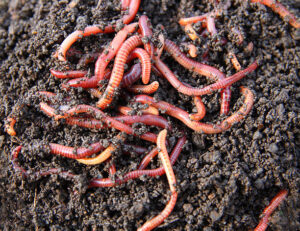
2. Set Up a Bin: Use a suitable container as a vermicomposting bin. This can be a commercially available worm bin or a DIY solution made from materials like plastic bins or wooden crates. Ensure adequate ventilation and drainage holes in the bin.
3. Bedding Material: Provide a bedding material for the worms, such as shredded newspaper, cardboard, or coconut coir. Moisten the bedding to create a damp but not soggy environment.
4. Add Organic Waste: Feed the worms a balanced diet of kitchen scraps, coffee grounds, tea bags, fruit and vegetable peels, and crushed eggshells. Avoid adding meat, dairy, oily, or excessively acidic foods.
5. Maintain Optimal Conditions: Place the worm bin in a shaded area with temperatures between 55°F and 77°F (13°C to 25°C). Monitor moisture levels and adjust as needed by misting with water or adding dry bedding.
6. Harvest Vermicompost: As the worms process the organic matter, vermicompost will accumulate in the bin. Harvest the vermicompost when it resembles dark, crumbly soil, typically every 2-3 months. Remove any undecomposed material and return the worms to the bin with fresh bedding.
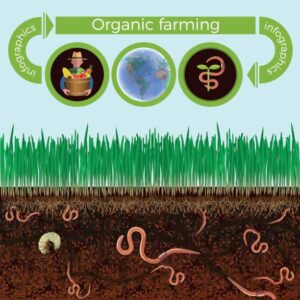
Tips for Success
- Balanced Feeding: Avoid overfeeding the worms, as it can lead to odors and pest problems. Feed them small amounts regularly and adjust based on their consumption rate.
- Aeration: Periodically fluff the bedding to promote airflow and prevent anaerobic conditions that can harm the worms.
- Patience: Vermicomposting is a gradual process, so be patient as the worms work to break down the organic matter.
Conclusion
Vermicomposting offers a sustainable and practical solution for managing organic waste while simultaneously improving soil health. By harnessing the power of earthworms, you can transform kitchen scraps and other organic materials into a valuable resource for your garden or landscape. With proper care and attention, a vermicomposting system can provide you with nutrient-rich compost to nourish your plants and contribute to a healthier environment. Start your vermicomposting journey today and reap the benefits of this eco-friendly practice.

